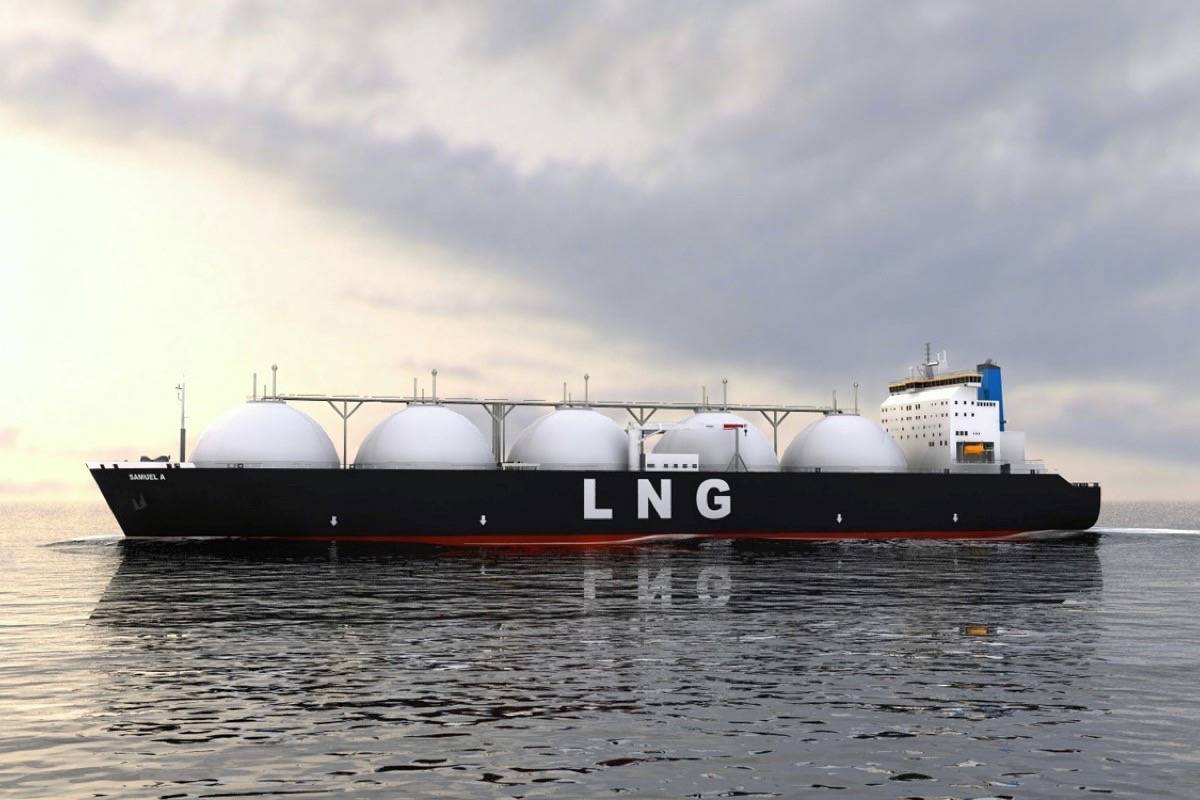Energy has been high on the agenda as Qatar’s Amir takes a tour around European countries in a bid to strengthen cooperation.
Qatar’s Energy Minister Saad Sherida Al Kaabi said that Western countries including the United Kingdom are facing the consequences for their to drive eliminate carbon emissions in a bid to combat climate change by “demonising oil and gas companies.”
In an interview with Sky News, Al Kaabi noted that his country is willing to help the UK with its cost of living crisis, however, the Western powers must take responsibility. Years of pushing for an urgent end to fossil fuel production and calling gas producers the “bad guys” had contributed to the current crisis, he argued.
Al Kaabi noted that the recent surge in oil and energy prices in Europe and beyond is not entirely as a result of the Russian and Ukrainian crisis but rather could be traced back many years before the event.
“It’s definitely a deeper issue,” he said while addressing the steady decrease of investments in gas production over the past few years as Europe pushed a move towards achieving net-zero through renewable sources.
“There was a build up of countries pushing for the [energy] transition in a hard way. [They pushed for] net-zero, moving to renewables, doing away with fossil fuels and demonising the oil and gas companies, [calling them] the bad guys. And [as a result] you don’t have enough investment in the oil and gas sector,” Al Kaabi said, according to Sky News.
His comments come as the Gulf country’s Amir Sheikh Tamim bin Hamad Al Thani visits the UK, where he met with Prime Minister Boris Johnson to announce a ‘Strategic Investment Partnership’ in which Doha will invest some £10 billion in the UK’s economy.
According to the UK government, the investments are going to take place over the next five years, which is seen as means of further bolstering Doha and London’s relations.
The energy minister said: “The wind does not always blow, and the sun does not shine all the time… We are absolutely convinced that you can’t achieve that transition [to renewables] without fossil fuels. And the best fossil fuel available to mankind is gas.”
Regarding Qatar’s role in potentially alleviating liquefied natural gas (LNG) supply concerns, Al Kaabi noted: “Unfortunately, it’s a little bit painful because it will take time [and the price is] amplified by the Ukraine issue,” he said.
“But we’re absolutely ready [to help]. The UK is a very important country for us in Europe, and we will definitely do our best.”
Qatar has the world’s third-biggest proven natural gas reserves, and is now one of the biggest providers of the fuel to the UK, shipping it in vast liquefied natural gas tankers to Britain’s three LNG terminals.
Europe moving away from Russian gas
The surge in energy prices over the past two years has been the largest since the 1973 oil crisis, the World Bank said.
Oil prices will remain above $100 a barrel so long as the Russian-Ukrainian conflict escalates even further, an Economist Intelligence Unit global outlook report said. The existing energy inflation further exacerbated by the conflict has caused oil prices to near a 100% gain, the highest level since 2008.
With energy security becoming a looming international concern in recent months as the conflict persists between Moscow and Kyiv, European countries have introduced a series of sanctions targeting individuals, banks, businesses and major state-owned enterprises, and exports, among others.
The United States has banned all Russian oil and gas imports, while the UK will phase out Moscow oil imports by the end of this year.
As for Germany, it has paused plans for the opening of the offshore Nord Stream 2 gas pipeline from Russia, which runs under the Baltic Sea connected from Russia to Germany.
The EU has also said it aims to terminate Russian coal imports by August 2022.
The Amir’s Europe tour and LNG deals
During Slovenian President’s two day visit to Doha in late March, talks were reportedly held regarding Qatar’s potential move to deliver two ships of natural gas to Slovenia yearly through the floating Krk LNG terminal in Croatia, reports said.
Separately, Qatar and Germany have agreed to expand their energy cooperation in a new declaration signed in Berlin on Friday. The agreement focuses on LNG and hydrogen trade. It also entails arranging a Qatari-German working group that will meet regularly to develop trade of LNG and hydrogen.
Another group will focus on renewable energy.
Speaking to German news outlet, Handelsblatt, Qatar’s Foreign Minister Sheikh Mohammed bin Abdulrahman Al-Thani said that his country hopes to start sending gas from the US Golden Pass LNG plant in Texas, in which Qatar Energy holds a 70% stake, to Berlin in 2024.
As for the UK, a Memorandum of Understanding was signed between QatarEnergy and the Department for Business, Energy and Industrial Strategy. The agreement is aimed at strengthening energy cooperation between the Gulf country and the UK.
The move is seen as a means of expanding cooperation on energy security, renewable energy, and decarbonisation.







